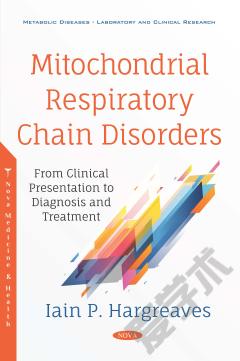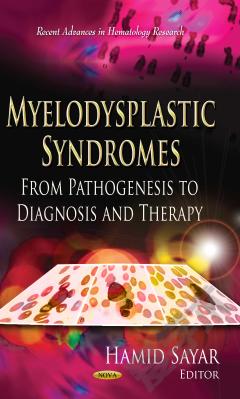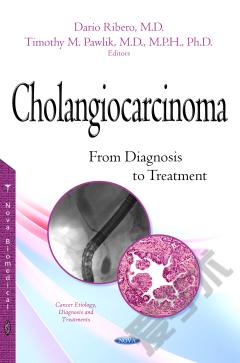Mitochondrial Respiratory Chain Disorders: From Clinical Presentation to Diagnosis and Treatment
Mitochondrial respiratory (MRC) disorders are a phenotypically and genetically diverse group of diseases which have an estimated incidence of 1 in 5000, and can manifest at any age with virtually any symptom. These disorders are generally progressive and multi-systemic, typically affecting organs with high energy demands, although potentially any organ can be affected. In view of their wide spectrum of clinical symptoms, together with their complex genetics, the diagnosis of these disorders presents a real challenge and usually requires a multidisciplinary approach involving clinical, genetic, histological, and biochemical investigations. In addition, an MRC defect may also occur as a secondary consequence of disease pathophysiology, as well as drug toxicity, further complicating the diagnostic algorithm for these disorders. The accurate diagnosis of MRC disorders is also hindered by the lack of reliable and validated biomarkers or surrogates for evaluating evidence of MRC dysfunction. Treatment options for MRC disorders are quite limited with no actual cure as yet in sight. Currently, apart from supportive therapies to manage the various clinical presentations of these diseases, patients can receive a host of antioxidants, vitamins, and cofactors in an attempt to maximize residual MRC function, and to combat the oxidative stress associated with these diseases. However, at present there appears to be a distinct lack of consensus on the appropriate treatment regime to instigate in patients with these disorders. Although, it is hoped that the establishment of national and international cohorts of patients with MRC disorders will allow the development of a unified approach to the development of candidate strategies for the treatment of these patients. In recent years, pharmacotherapies aimed at enhancing mitochondrial biogenesis have received a lot of attention, with some of them now being used in phase II clinical trials to assess evidence of their therapeutic efficacy in patients. The purpose of this book is to outline the clinical presentation and the genetic and non-genetic causes of MRC disorders, as well as highlighting evidence of secondary mitochondrial dysfunction in disease. In addition, the current biochemical methods used in the diagnosis of MRC dysfunction will be discussed together with the potential future developments in this field. The current treatment options available to patients with MRC disorders will also be discussed together with novel, biochemical, therapeutic strategies which have yet to reach clinical applications.
{{comment.content}}








 京公网安备 11010802027623号
京公网安备 11010802027623号